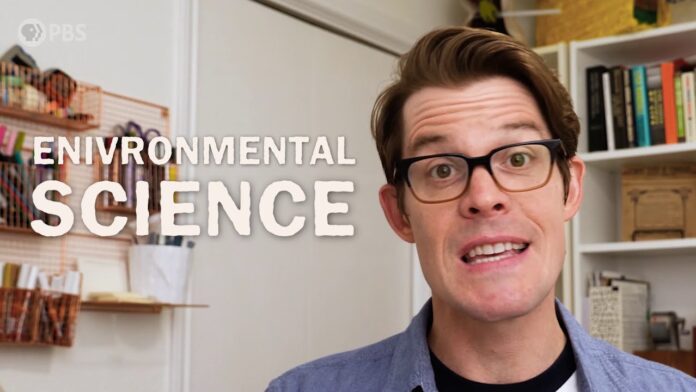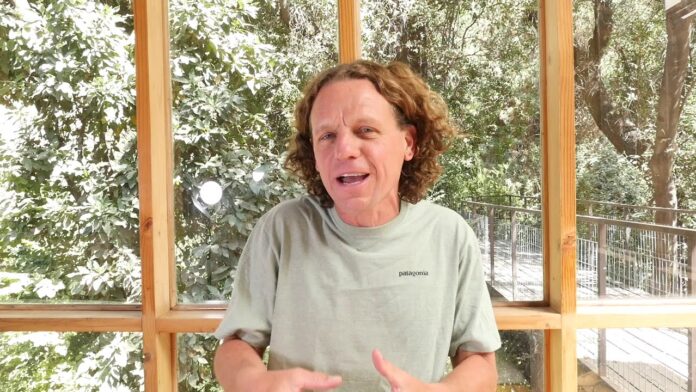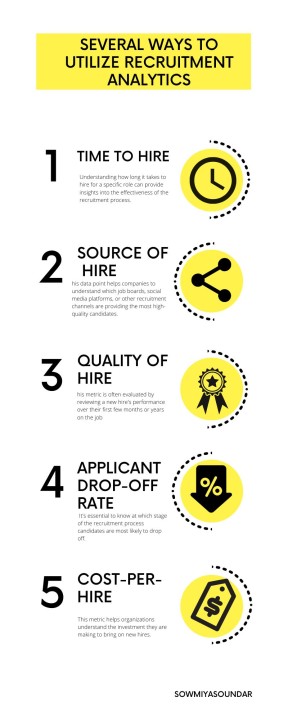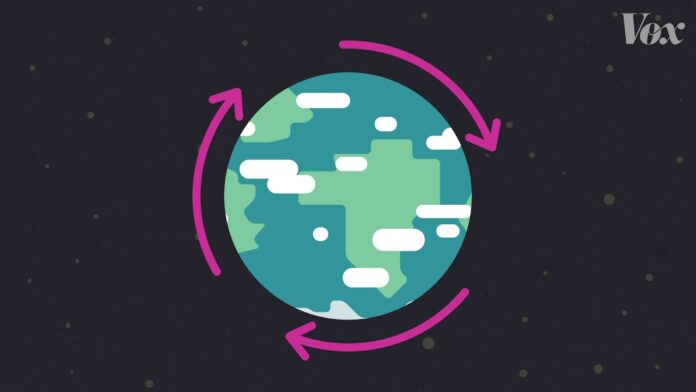Our planet, Earth, is not just a mere ball of land and water floating in space. It is our only home, providing us with everything necessary for our survival and well-being. Yet, we have taken it for granted, exploiting its resources without any regard for the consequences. As a result, the environment is now facing a crisis like never before.
In this article, we will take a deep dive into the complex and multifaceted nature of the global environmental challenges we are currently facing. We will examine the mounting evidence of a troubled planet, the perils it poses, and the potential solutions to mitigate and reverse the damage. Our goal is to raise awareness and inspire action towards building a sustainable future for ourselves and generations to come.
The Mounting Evidence of a Troubled Planet
The evidence is irrefutable: our planet is under immense stress. The Intergovernmental Panel on Climate Change (IPCC), the leading international body for the assessment of climate change, has issued stark warnings about the consequences of our actions. Global temperatures are rising at an unprecedented rate, driven by the accumulation of greenhouse gases, primarily carbon dioxide, in the atmosphere. This warming is triggering a cascade of negative impacts, including:
Extreme Weather Events
More frequent and intense heatwaves, droughts, floods, and storms are wreaking havoc on communities worldwide. These extreme weather events are disrupting lives and livelihoods, causing significant economic damage, and destroying critical infrastructure. For example, the 2020 Atlantic hurricane season, one of the most active on record, caused over $50 billion in damages and claimed numerous lives.
Sea Level Rise
The melting of glaciers and ice sheets is causing the oceans to expand, leading to rising sea levels. This rise, coupled with storm surges from extreme weather events, poses a significant threat to coastal communities. According to NASA, sea levels have risen by approximately eight inches since 1880, and the rate of rise is accelerating. This could displace millions of people and submerge low-lying islands and coastal cities.
Biodiversity Loss
Human activities such as deforestation, overfishing, and pollution are causing a massive decline in biodiversity. Species extinction rates are now 100 to 1,000 times higher than natural background rates, according to the Millennium Ecosystem Assessment. This loss of biodiversity not only disrupts ecosystems but also threatens food security and livelihoods for millions of people who depend on natural resources for their survival.
Use Energy Wisely

One of the major contributors to greenhouse gas emissions is the burning of fossil fuels for energy. Therefore, reducing our energy consumption and shifting to cleaner sources of energy is crucial in mitigating climate change and protecting the environment. Here are some simple steps you can take to use energy wisely:
Upgrade to Energy-Efficient Appliances
Older appliances tend to be less energy-efficient, consuming more electricity to perform the same task. By upgrading to energy-efficient models, you can significantly reduce your energy consumption and save money on your utility bills. Look for appliances with an Energy Star label, indicating that they meet strict energy efficiency standards.
Turn off and Unplug Electronics When Not In Use
Many electronics continue to consume energy even when turned off, known as “standby power.” This can account for up to 10% of household energy use. To prevent this waste, make sure to unplug devices or use power strips to easily switch off multiple electronics at once.
Invest in Renewable Energy
Solar, wind, and hydro power are renewable sources of energy that do not emit greenhouse gases. Consider installing solar panels on your roof or purchasing green energy from your utility company. Many countries and states offer incentives and subsidies to encourage the switch to renewable energy.
Opt for Public Transportation or Carpooling
Transportation is a significant source of carbon emissions. By opting for public transportation or carpooling, you can significantly reduce your carbon footprint. If possible, consider walking or cycling for short distances to reduce your reliance on vehicles altogether.
Reduce, Reuse, Recycle

Apart from reducing our energy consumption, we also need to reduce the amount of waste we generate and manage it effectively. The three R’s – reduce, reuse, and recycle – are essential in achieving this goal.
Reduce
The best way to tackle waste is to avoid producing it in the first place. This means being mindful of our purchasing habits and avoiding unnecessary and wasteful products. Simple actions like carrying reusable bags while shopping, purchasing items with minimal packaging, and opting for durable products over single-use ones can go a long way in reducing waste.
Reuse
Before throwing something away, consider whether it can be reused. For example, instead of buying disposable water bottles, invest in a reusable one. Use old clothes as cleaning rags or donate them to charity. Get creative with repurposing items and give them a new life instead of sending them to the landfill.
Recycle
Recycling converts materials that would otherwise end up in landfills into valuable resources. It reduces the demand for raw materials and saves energy, ultimately reducing carbon emissions. Make sure to separate your recyclables from regular garbage and follow your local recycling guidelines.
Transportation Choices
As mentioned earlier, transportation is a major contributor to greenhouse gas emissions. Therefore, making sustainable choices when it comes to transportation is crucial in mitigating the environmental crisis. Here are some options to consider:
Electric Vehicles
Electric vehicles (EVs) produce zero emissions, making them an excellent choice for those looking to reduce their carbon footprint from transportation. As technology advances, the range of EVs is increasing, and they are becoming more affordable.
Hybrid Vehicles
If you are not ready to switch to an EV, consider a hybrid vehicle that combines a traditional combustion engine with an electric motor. This significantly reduces emissions and increases fuel efficiency.
Public Transportation
Using public transportation is not only environmentally friendly, but it also helps reduce traffic congestion and saves money on gas and parking fees. Consider taking the bus or train instead of driving, especially for longer trips.
Walk or Bike
If your destination is nearby, consider walking or biking instead of driving. Not only is it good for the environment, but it also provides many health benefits for you.
Support Sustainable Living
Beyond individual actions, we also need collective efforts towards sustainable living. Here are some ways you can support sustainable initiatives in your community:
Support Local Businesses
Supporting local businesses reduces the carbon footprint of products by minimizing transportation distances. It also strengthens the local economy and promotes a sense of community.
Get Involved in Community Clean-ups
Organize or participate in community clean-up events to keep your neighborhood and local waterways clean. This not only helps beautify the area but also prevents pollution from entering the environment.
Educate Yourself and Others
Stay informed about environmental issues and share your knowledge with others. This can be through social media, organizing educational events, or simply having conversations with friends and family.
Advocate for Change
Use your voice to advocate for policies and practices that prioritize the environment. Write to your local representatives, sign petitions, and support organizations working towards a sustainable future.
Conclusion
The environmental crisis we are facing may seem daunting, but it is not too late to take action. Every small step counts towards building a more sustainable future for ourselves and future generations. By using energy wisely, reducing waste, making sustainable transportation choices, and supporting eco-friendly initiatives, we can collectively make a significant impact in mitigating the damage to our planet. Let us all work towards a healthier and greener world, starting with simple steps to reduce our carbon footprint.









